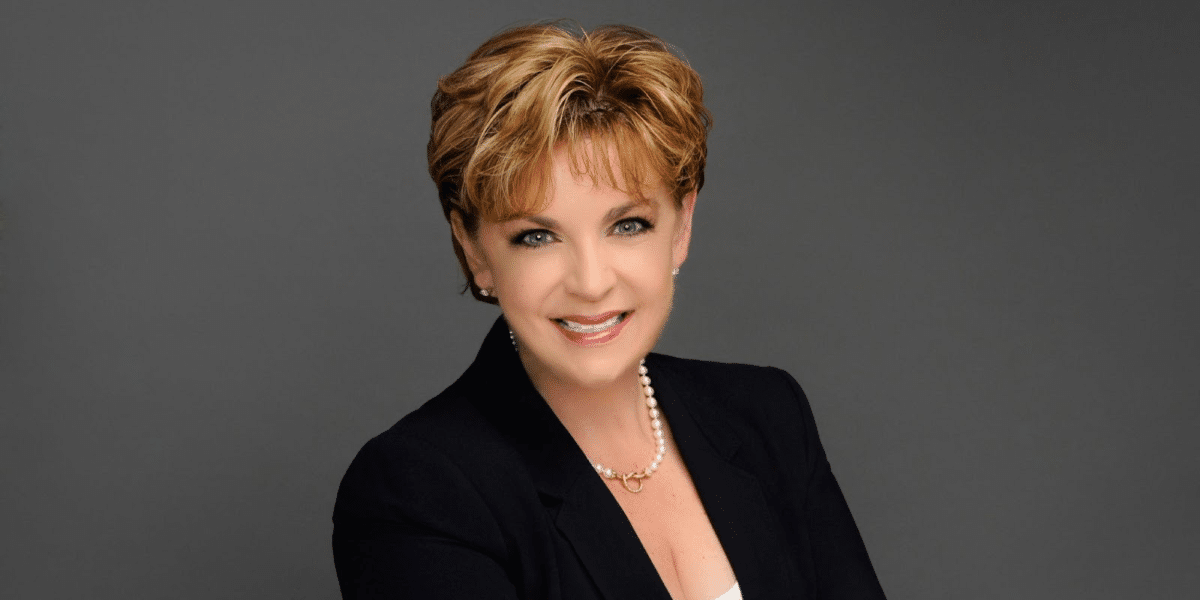By: Joshua Finley
The ancient Greek philosopher Heraclitus, who lived around 535 – 475 BCE, is famous for his belief that everything is in a constant state of flux, captured by the phrase “everything flows.” His philosophy, which holds that stability is an illusion and change is the only constant, directly applies to the modern business world. In business, disruption and transformation are inevitable forces that drive growth and innovation.
Companies that embrace disruption, rather than resist it, are better positioned to adapt, evolve, and succeed in a rapidly changing market. Just as Heraclitus suggested, businesses must recognize that change is not a threat but an opportunity to innovate and thrive.
One woman who has harnessed disruption to provide insights and strategies to transform global business is Larisa Miller, an award-winning international keynote speaker, columnist, author, and CEO of Phoenix Global Group Holdings, Inc. Her company spans investment and consulting firms based in the USA and Abu Dhabi, UAE, and also includes a media and tech enterprise that developed AIR – The Future of Radio, a groundbreaking innovation in the broadcasting industry.
According to Miller, disruption is not something that organizations should fear, rather they should embrace its transformative potential.
Miller states, “We are operating in a rapidly evolving global business environment, where companies face a choice: disrupt or be disrupted. Change is constant, and business models are shifting, blurring traditional industry boundaries. In this transformative age driven by technology, the only certainty is change.
“Rather than fearing disruption, organizations should see it as an opportunity to innovate, evolve, and grow. Those who embrace purpose-led transformations and capitalize on disruption will thrive, while companies relying on outdated methods will struggle to stay competitive.”
The Power of Disruption
Disruption has rewarded companies that embrace bold, innovative thinking. Amazon, for example, revolutionized retail by creating a one-stop online marketplace, transforming consumer behavior by prioritizing convenience, fast delivery, and customer service. This shift also enabled small businesses to reach global customers without physical stores. Amazon’s disruption spurred other retailers to adopt e-commerce strategies, fueling the growth of online shopping across industries.
Amazon’s legacy is a marketplace that is unrecognizable when compared to the status quo only a few decades ago, and legacies matter. From small beginnings, great things grow. There’s also another advantage to being a first mover, or a disruptor; disruption tends to become a habit.
From eCommerce, Amazon has now pivoted to join a select group of companies disrupting the space race. Innovation in this area was once solely the focus of states, but private enterprise has proven more efficient.
According to Miller, this is not by chance – it’s the result of leadership with vision and a laser-like focus.
“Effective teams are crucial for organizational success, but without visionary leadership, they can lack direction. Innovation thrives on stakeholder consensus, yet it often requires a leader willing to make bold decisions independently. Organizations need someone who can act decisively and take calculated risks without seeking approval from countless others.”
Disruption demands a mindset of breaking down and rebuilding, whether it’s business models or life experiences. Larisa Miller describes it best: “Develop a mindset of disruption, where you snap apart business models and experiences like a jigsaw puzzle and find a new way to reassemble them. The picture will change, the outcome will change, and so will your path forward. This redirection takes you where you’re ultimately meant to go.”
“If you give up or let setbacks derail you, you’ll never find the path meant for your purpose. We are all born with a purpose; for some, that’s on the global business stage; for others, it’s as members of a community; and for others, within a family. The key to success is a mindset that optimizes thinking outside the box.”
Published by: Holy Minoza









